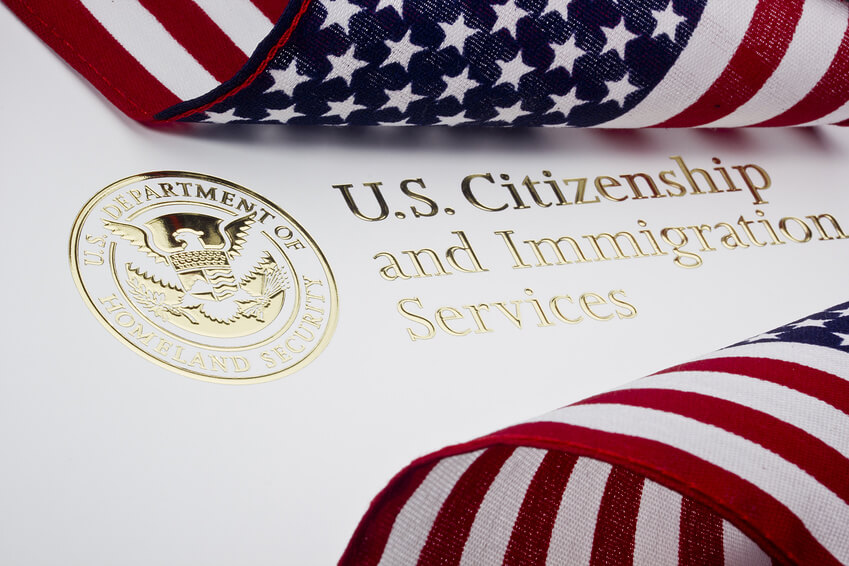
It appears that United States Citizenship and Immigration Services (USCIS) may end its practice of denying pending Form I-131, the application for travel documents, while applicants are overseas.
USCIS Director L. Francis Cissna indicated a policy change was in the works regarding pending I-131 applications during remarks during the USCIS Ombudsman Annual Conference, held on November 16, 2018 in Washington, D.C., the American Immigration Lawyers Association (AILA) reported to its members. Although Cissna did not elaborate on a timeline for the change, he indicated that a policy “would be forthcoming.”
The potential rule change follows reports that USCIS has been denying Form I-131 advance parole applications for abandonment in situations where applicants traveled abroad during the pendency of their applications. Pending Form I-131 applications have been denied even when applicants have separate valid advance parole documents or a valid H, K, L, or V visas to return to the United States, according to the AILA.
In response to the reports, AILA contacted the USCIS Service Center Operations Directorate to determine if the policy change of was intentional and was told that the denials were indeed proper; and the policy is that “traveling internationally while an application for advance parole is pending will result in the denial of that application notwithstanding prior practice to the contrary.”
In comments that the AILA submitted October 15, 2018, the AILA requested, among other things, that USCIS “remove language from the Form I-131 instructions that deems an application for advance parole document abandoned if the applicant departs the U.S. before the document is issued, or at a minimum, restore its prior policy of exempting individuals who travel on a valid nonimmigrant visa or advance parole document from its abandonment policy.”
AILA says it plans to continue pursuing the issue in liaison discussions with USCIS. In the meantime, it appears that advance parole applications will continue to be denied when an individual travels abroad while his or her application is pending with USCIS, according to the AILA.
Applicants should consider submitting a new Form I-131 application to USCIS if a pending application is denied and avoid traveling abroad if your application is pending. For more information about how the potential Form I-131 rule change could affect you, or for assistance regarding visas or other immigration matters, contact a Tully Rinckey immigration attorney.
Michael Freestone, Esq. is a Partner in Tully Rinckey PLLC’s Washington, DC office, where he focuses his practice on business immigration law. With more than seven years of experience practicing immigration law, he advises individual and corporate clients on a variety of immigration-related issues.






